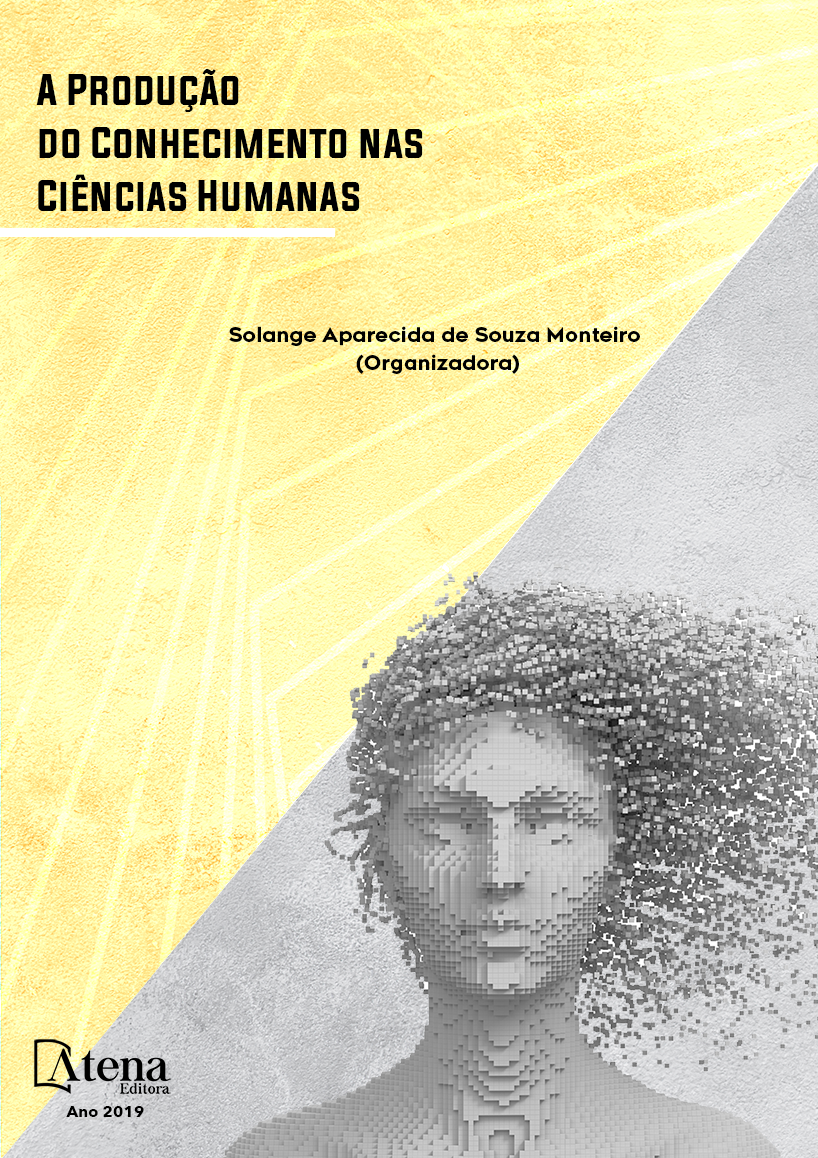
DILEMAS DA REGULARIZAÇÃO FUNDIÁRIA_ VIDA COTIDIANA E SOCIABILIDADE NO LOTEAMENTO NOVO MILÊNIO EM PELOTAS (RS)
O objetivo desse artigo é demonstrar,
num recorte específico, os dilemas e efeitos
da regularização fundiária na vida cotidiana
dos moradores do Loteamento Novo Milênio,
localizado na cidade de Pelotas no estado
do Rio Grande do Sul. A pesquisa busca
apresentar os laços de sociabilidade e as
situações de conflito vividos pelos moradores,
antes e após a política urbanística de
regularização implementada pelo poder público
municipal. As leituras que fundamentam este
trabalho se baseiam na reflexão sobre cidade,
urbanização, direito à cidade, vida cotidiana,
sociabilidade e política urbana. Valendo-se de
uma abordagem qualitativa, na modalidade
etnográfica, a etnografia enquanto metodologia
teve como destaque a técnica observação
participante e as entrevistas com perguntas em
profundidade. Soma-se a esse procedimento
a aplicação de questionário semiestruturado,
contendo perguntas abertas e fechadas.
Foram entrevistados 20 moradores, incluindo
o presidente e o vice-presidente da Associação
Comunitária do local. Como esse texto se
trata de um recorte, só serão apresentados
dados que contemplem o raciocínio do que se
pretende abordar aqui.
DILEMAS DA REGULARIZAÇÃO FUNDIÁRIA_ VIDA COTIDIANA E SOCIABILIDADE NO LOTEAMENTO NOVO MILÊNIO EM PELOTAS (RS)
-
DOI: 10.22533/at.ed.76019240421
-
Palavras-chave: Regularização fundiária, sociabilidade, vida cotidiana.
-
Keywords: Property regularization, sociability, everyday life
-
Abstract:
The objective of this article
is to demonstrate, with a specific clipping,
the difficulties and the effects of property
regularization in the everyday life of Novo Milênio
allotment residents, which is located in the city
of Pelotas, in the state of Rio Grande do Sul.
This research aims to present sociability bonds
and conflict situations lived by the residents
before and after the urban regularization policy
carried out by the city’s public authorities. The
bibliography that underpins this work are based
in thoughts regarding city, urbanization, right
to the city, everyday life, sociability and urban
policy. With the use of a qualitative approach,
ethnographic type, the participant observation
and in-depth interviews were emphasized
while using ethnography as a methodology. In
addition, semi-structured questionnaires with
open and close-ended questions were used in
this approach. In this work, 20 residents were
interviewed, including the president and the
vice-president of the allotment’s Community
Association. Since this text is a clipping, only
the data that pertains the subject of this article
will be presented.
-
Número de páginas: 15
- Pamela da Costa Lopes Sales


